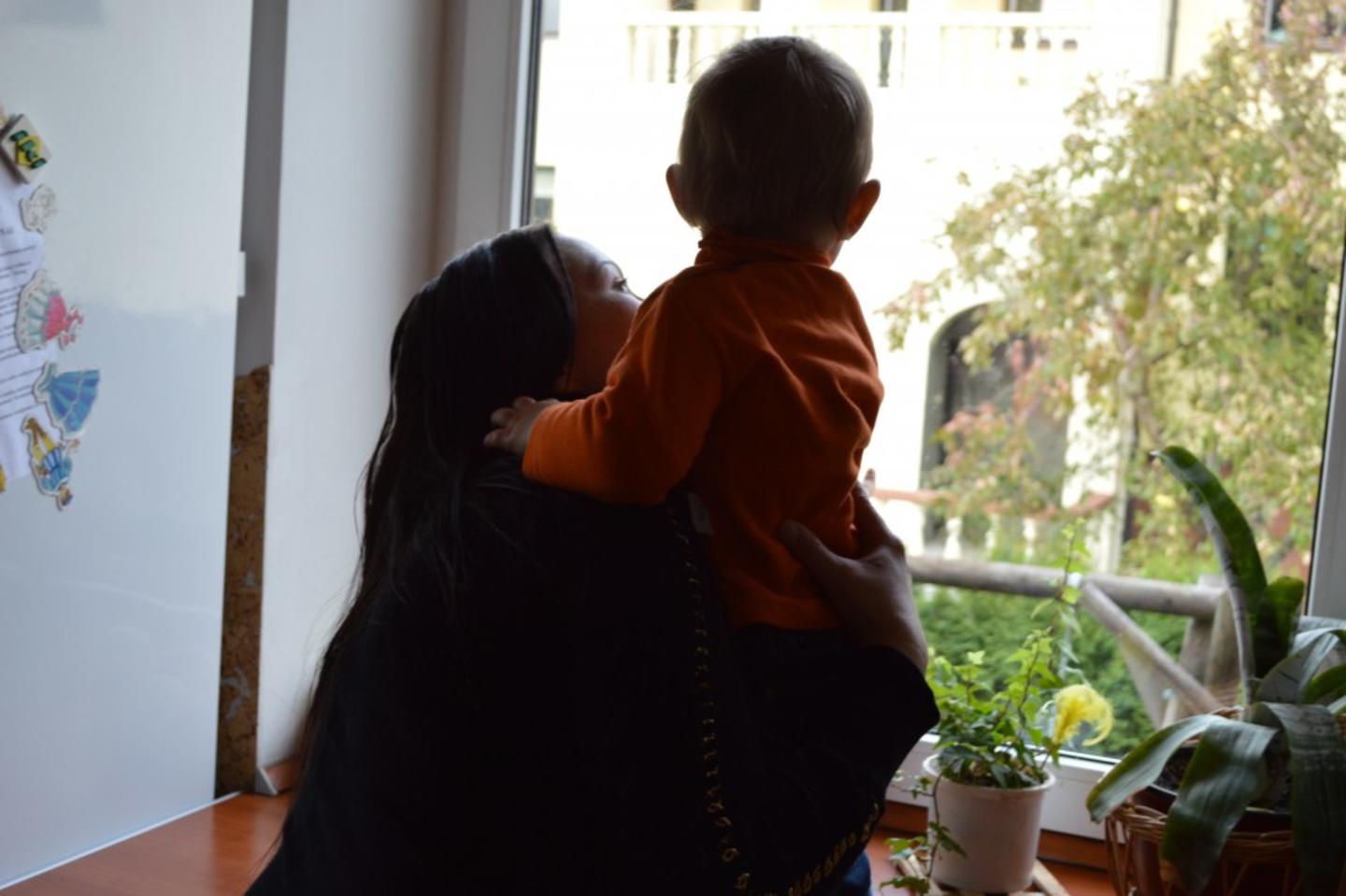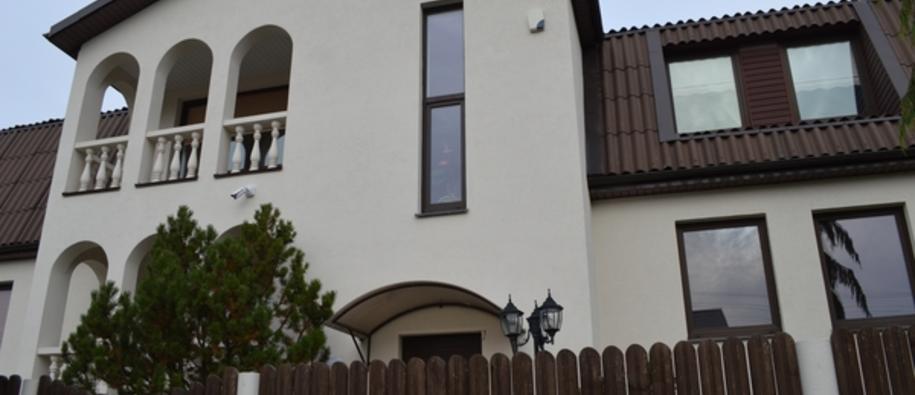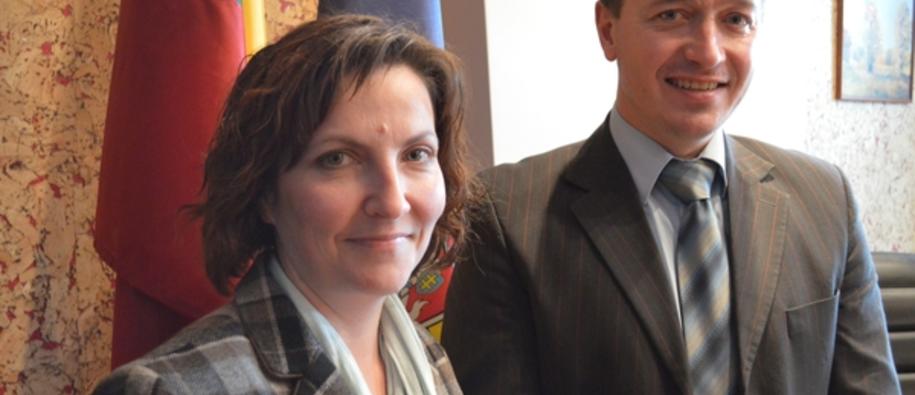“The children themselves have not committed any crimes, and therefore they do not belong in a closed prison environment. That’s why the project ‘Women serving sentences with children’ is so important,” says Loreta Skrickiene, Deputy Director for Social Rehabilitation in Panevezys Correctional Service.
“A real home”
“We are allowed to go outside and buy things at the store. This is a big change from what we are used to. When we were confined to a closed prison, my daughter Victoria was afraid of everything. She had never seen a car or other children. Now she loves to interact with new people. This is a real home,” says Ramona.
Victoria, hardly two years old, has spent most of her life in prison. According to Lithuanian law, a child under the age of three will stay with its sentenced mother in prison. However, new national regulations increased the living conditions for imprisoned children. With the implementation of this project, the correctional service is now able to meet the requirements.
The health of young people in Lithuania is lagging behind other EU countries. Read about how innovative approaches inspired by Norway helps improving health services.
The house is built to accommodate five inmates and their children up to the age of three. There is always one guard with a background in social work present, and the inmates are not allowed to bring other people to the premises.
“The women love the house, the premises are clean and they want to take care of it,” says Loreta.
The project is financed through the Norway Grants. Its aim is to increase focus on vulnerable groups in prison such as female inmates raising small children.
“I need to be re-integrated before getting out of prison,” says Jon. Read about how a new prison model creates a way back to society.
A new concept
An open prison solely for female offenders with children is a new concept in Lithuania. Good behaviour and the amount of time left to serve are the key factors in qualifying for an entry into the open prison. Initially, the guards were following the women everywhere, but after some preliminary testing they have changed their approach.
“When the project was implemented, we experienced some negative reactions from the neighbours. Now they greet each other hello,” says Edvardas Norvaisas, Director of Panevezio Correctional services.
The women don’t have a set schedule, but they have to inform the guard where they are going and be back as planned.
“The Correctional services try to be flexible because of the children, and we see that they learn how to interact and talk much faster,” says Edvardas.
He believes both the mothers and their children are better prepared for a normal life after release.
“This house makes it possible to not just help them in becoming good mothers while they are serving time, but also to gain an understanding of how to live a normal life,” Edvardas says.
We have other interesting projects in Lithuania financed through the EEA and Norway Grants. Read more about them here:


